Sitting Still Like a Frog: Mindfulness Exercises for Kids (and Their Parents)
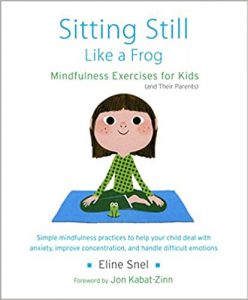 Sitting Still Like a Frog: Mindfulness Exercises for Kids (and Their Parents) by therapist and certified MBSR trainer Elin Snel is a book with simple mindfulness practices to help your child (ages 5-12) deal with anxiety, improve concentration, and handle difficult emotions. Read more ›
Sitting Still Like a Frog: Mindfulness Exercises for Kids (and Their Parents) by therapist and certified MBSR trainer Elin Snel is a book with simple mindfulness practices to help your child (ages 5-12) deal with anxiety, improve concentration, and handle difficult emotions. Read more ›
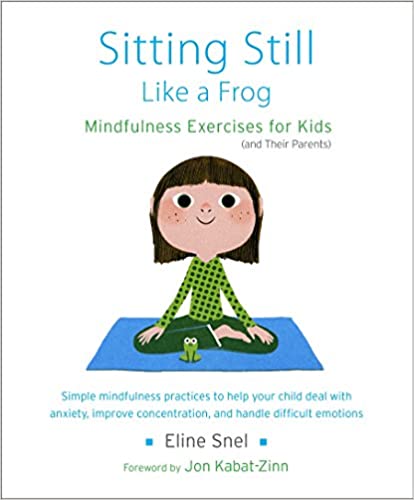

 First 5 California
First 5 California
 Being social and making friends isn’t always easy. Relationships have many subtleties. But people with autism spectrum disorder, or ASD, struggle more than most. For them, communicating with others can be very difficult.
Being social and making friends isn’t always easy. Relationships have many subtleties. But people with autism spectrum disorder, or ASD, struggle more than most. For them, communicating with others can be very difficult. 
 Music classes can serve as a way to help students develop social-emotional learning skills, and activities that build these tools can be introduced into classrooms as early as preschool,
Music classes can serve as a way to help students develop social-emotional learning skills, and activities that build these tools can be introduced into classrooms as early as preschool, 
 As students return to the classroom after over a year of remote and hybrid learning, loss and trauma are ongoing themes. As many as 43,000 children have lost a parent to Covid-19. Lockdowns and quarantine meant social isolation, which has resulted in increases in depression and anxiety in children and adolescents.
As students return to the classroom after over a year of remote and hybrid learning, loss and trauma are ongoing themes. As many as 43,000 children have lost a parent to Covid-19. Lockdowns and quarantine meant social isolation, which has resulted in increases in depression and anxiety in children and adolescents. 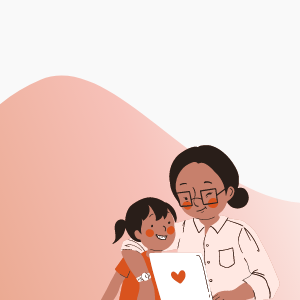
 What is cultural humility and why does it matter? As parents, we are our children’s first teachers. It is from us that our kids learn how to be accepting and respectful of those from diverse backgrounds.
What is cultural humility and why does it matter? As parents, we are our children’s first teachers. It is from us that our kids learn how to be accepting and respectful of those from diverse backgrounds.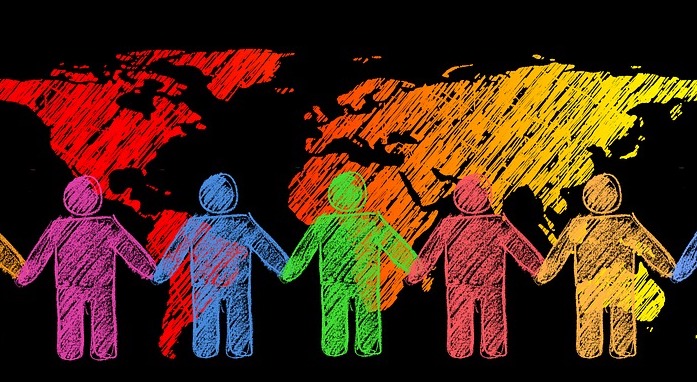
 Many minority households routinely have open discussions about racial issues and how they impact their daily lives. White families, on the other hand, sometimes are uncomfortable with such discussions even amid news coverage related to systemic racism and the Black Lives Matter movement. Johns Hopkins All Children’s pediatric
Many minority households routinely have open discussions about racial issues and how they impact their daily lives. White families, on the other hand, sometimes are uncomfortable with such discussions even amid news coverage related to systemic racism and the Black Lives Matter movement. Johns Hopkins All Children’s pediatric 
 Humility is not necessarily about modesty or pretending to be less than you are. In fact, people who are humble often have a high sense of self-worth; it’s just that they can recognize their own strengths and limitations. Research about humility also suggests a
Humility is not necessarily about modesty or pretending to be less than you are. In fact, people who are humble often have a high sense of self-worth; it’s just that they can recognize their own strengths and limitations. Research about humility also suggests a 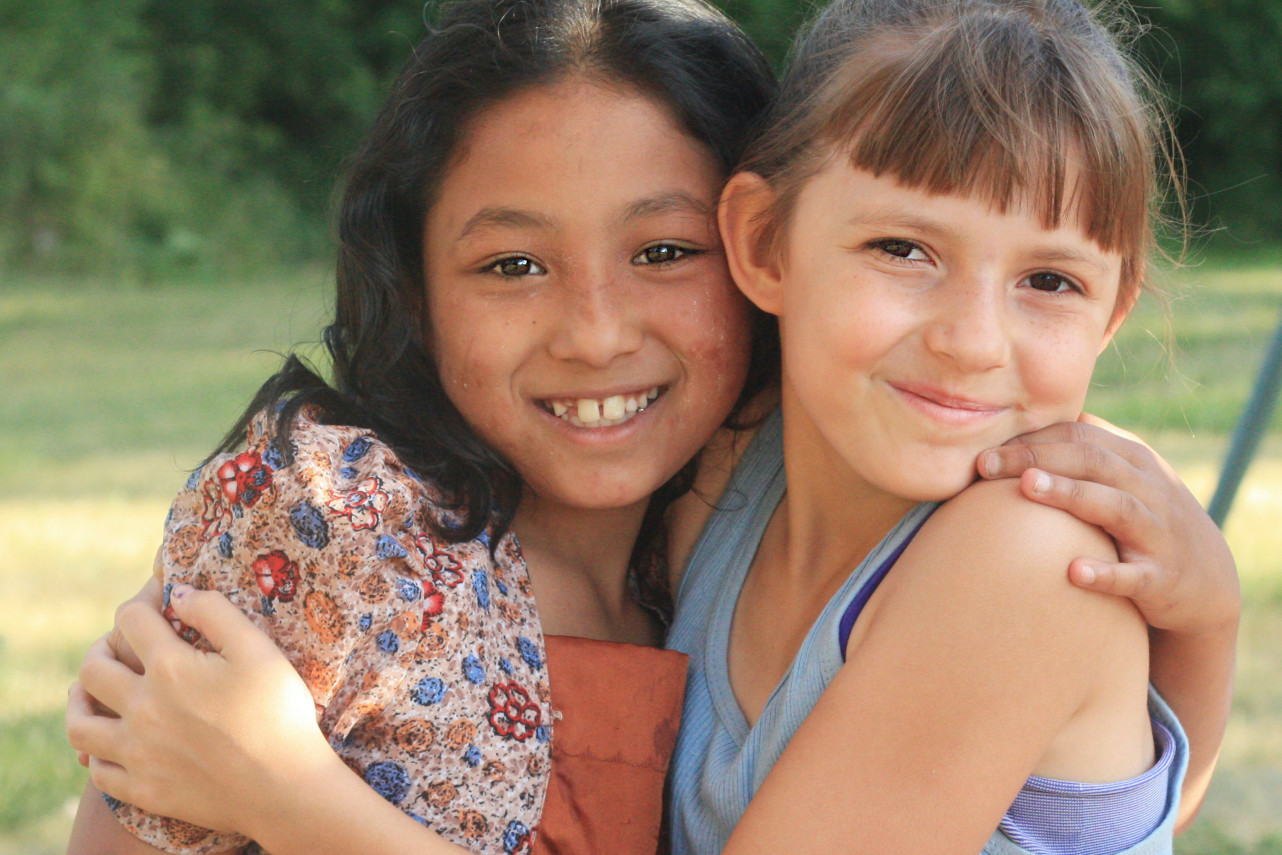
 As American families become increasingly diverse and complex in terms of race, ethnicity, immigrant status, socioeconomic circumstances, and family structures, it is imperative that we practice cultural humility – to move beyond simply being aware of or sensitive to people’s cultural differences, and actively work to identify and address systematic inequalities.
As American families become increasingly diverse and complex in terms of race, ethnicity, immigrant status, socioeconomic circumstances, and family structures, it is imperative that we practice cultural humility – to move beyond simply being aware of or sensitive to people’s cultural differences, and actively work to identify and address systematic inequalities. 
 Most people are familiar with the concept of being humble. To be humble is to demonstrate “humility,” which is commonly defined as “freedom from pride or arrogance.” What, then, might it mean to practice “cultural humility?”
Most people are familiar with the concept of being humble. To be humble is to demonstrate “humility,” which is commonly defined as “freedom from pride or arrogance.” What, then, might it mean to practice “cultural humility?” 

